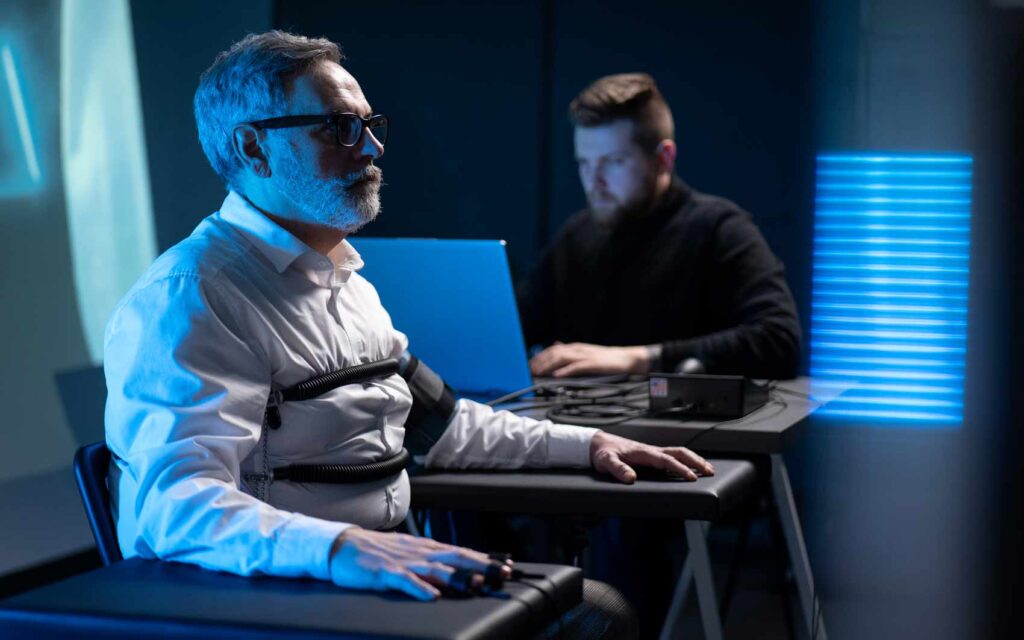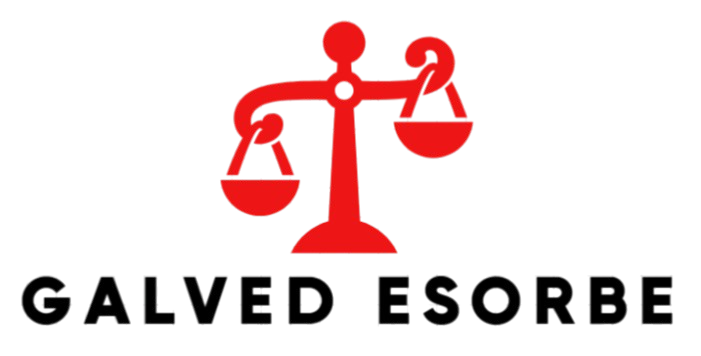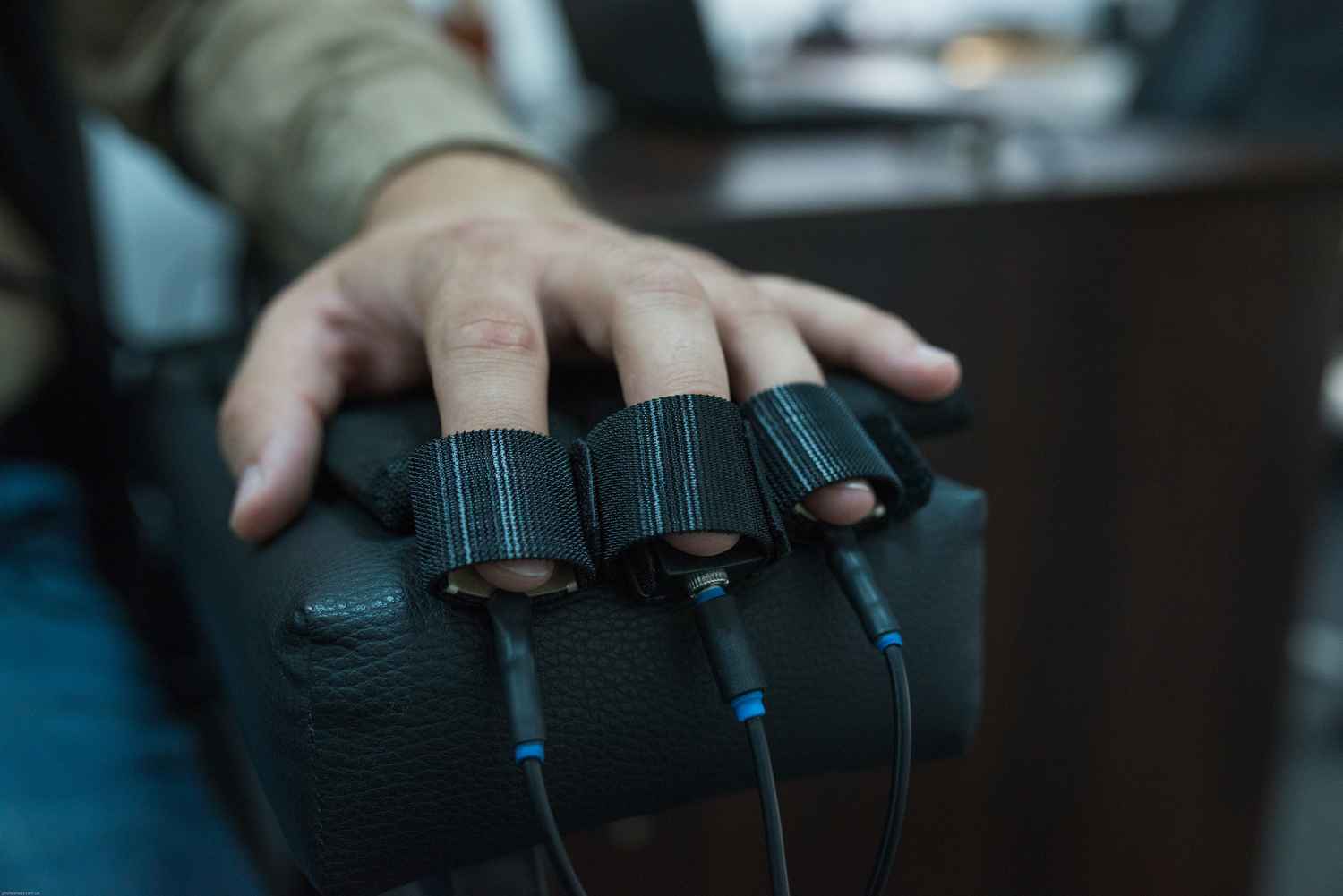Lie detector tests, also known as polygraph tests, are utilized to determine the truthfulness of an individual by measuring physiological responses. In Spain, the use of lie detectors is governed by specific legal and procedural requirements to ensure the validity and fairness of the tests. Here are the essential Requisitos para someterse a una prueba de detector de mentiras en España:
1. Legal Framework and Consent
Requisitos para someterse a una prueba de detector de mentiras en España. The primary legal framework is outlined in the Spanish Constitution and various laws concerning privacy and personal rights. For a lie detector test to be conducted, explicit consent from the individual being tested is mandatory. Consent must be informed, meaning that the individual is fully aware of the purpose, procedure, and potential outcomes of the test.
2. Qualified Personnel
Lie detector tests in Spain must be administered by qualified professionals. These individuals typically have specialized training in polygraphy and are certified by relevant professional bodies. The qualifications of the examiner are crucial for ensuring that the test is conducted accurately and ethically.

3. Standardized Procedures
The procedures for conducting a lie detector test must adhere to standardized methods to ensure reliability and validity. This includes following a structured format for questioning and consistently applying the polygraph equipment. Any deviation from established protocols can compromise the results and may lead to legal challenges.
4. Confidentiality and Data Protection
Confidentiality is a fundamental requirement in lie detector testing. The results and any related data must be handled with the utmost care to protect the individual’s privacy. Compliance with the General Data Protection Regulation (GDPR) is essential, ensuring that personal information is securely stored and only used for the intended purpose.
5. Legal Admissibility
The admissibility of lie detector test results in legal proceedings can be contentious. While these results may be used to support investigations or decisions, they are not universally accepted as evidence in court. Their admissibility often depends on the context and the specific legal framework governing the case. Individuals and legal professionals need to understand that lie detector results may not be definitive evidence but rather a tool to assist in the truth-seeking process.
Conducting a lie detector test in Spain involves complying with legal requirements, ensuring the qualifications of the examiner, following standardized procedures, maintaining confidentiality, and understanding the limitations regarding legal admissibility. Adhering to these requirements helps ensure that the results of the test are reliable and ethically obtained.

